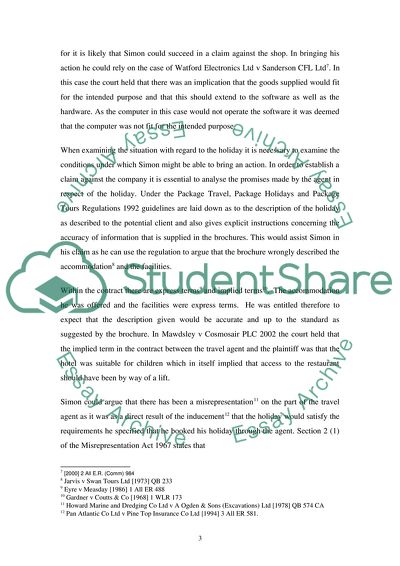Cite this document
(The Sale of Goods Act 1979 Case Study Example | Topics and Well Written Essays - 1500 words, n.d.)
The Sale of Goods Act 1979 Case Study Example | Topics and Well Written Essays - 1500 words. https://studentshare.org/law/1709911-legal-resarch
The Sale of Goods Act 1979 Case Study Example | Topics and Well Written Essays - 1500 words. https://studentshare.org/law/1709911-legal-resarch
(The Sale of Goods Act 1979 Case Study Example | Topics and Well Written Essays - 1500 Words)
The Sale of Goods Act 1979 Case Study Example | Topics and Well Written Essays - 1500 Words. https://studentshare.org/law/1709911-legal-resarch.
The Sale of Goods Act 1979 Case Study Example | Topics and Well Written Essays - 1500 Words. https://studentshare.org/law/1709911-legal-resarch.
“The Sale of Goods Act 1979 Case Study Example | Topics and Well Written Essays - 1500 Words”. https://studentshare.org/law/1709911-legal-resarch.


